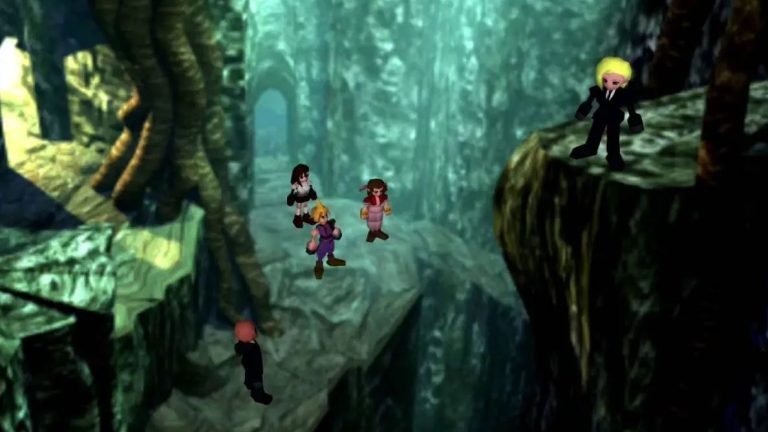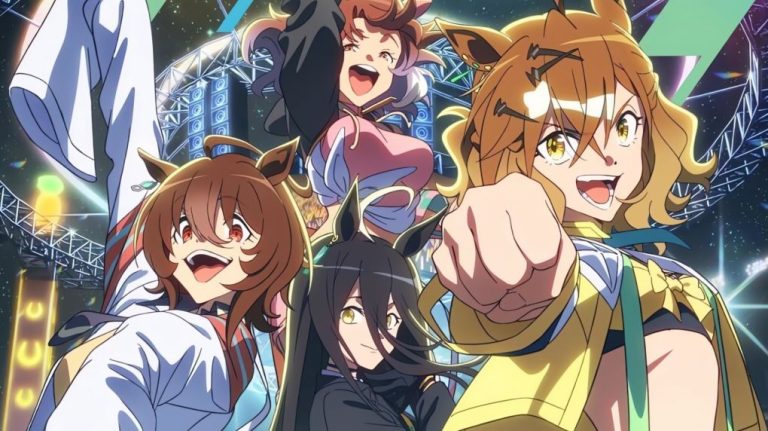A Japanese creator recently voiced their opinions on leaks and confidentiality in the game industry via a thread on X (formerly Twitter). Their strongly worded message advises aspiring game devs to make sure they “take secrets to the grave.” This post has sparked a discussion, with the issue of simply “keeping trade secrets” and the more problematic issue of “being denied credit for what you’ve worked on” converging.
Friends and people online are a given, but you absolutely must not tell your family either.
You can’t say the name of the game you’re working on.
You can’t tell people about how your lifelong dream has come true.
Take everything to your grave.
Even if you resign, even if the game you worked on has been discontinued, even if the company itself has gone bankrupt, this does not change. You must live with these secrets and not tell anyone for the rest of your life.
On January 16, Japanese creator Shitayama Aoi addressed the issue of leaks, warning those who aspire to work in the game industry that confidential company information is something you cannot share even with family. He adds that being a game developer means having to resist the urge to tell people about how you’re finally working on the projects of your dreams.
In a subsequent post, they mention that creators contributing to gacha games are faced with particularly strict confidentiality requirements, becoming “nameless masters” who are never credited. To conclude, they add a reminder that different contracts exist and that each company decides what it allows its employees to share publicly.
Although Shitayama’s post was addressing the issue of leaks and was intended as a reminder that being vigilant with information is a big part of being a game developer, their words prompted discussion about a certain ethical issue – confidentiality agreements that deny creators any form of credit.
Like the example of anonymous gacha game contributors that Shitayama mentioned, companies can bind creators with non-disclosure agreements which can not only prevent them from being credited, but also forbid them from naming titles they worked on in their resumes. For a game developer, a portfolio means everything, so having to treat something you worked on as a blank slate due to legal restrictions puts you at a big disadvantage in terms of career advancement and future work. Many users and developers commented on this practice.
Some users expressed the opinion that companies should be legally required to let creators reveal their involvement in projects after official announcements/releases have been made.
Indie-us Games CEO and game developer @aizen76 also joined the discourse, sharing a personal experience. They stated that they have experienced being “completely erased” from the credits of projects they had been deeply involved in. They commented that this is a trend in the game industry that needs to change.
Although respecting confidentiality agreements and being careful with internal information is of crucial importance for protecting a company and its employees, there seem to be terms that creators should be pushing back against too.





